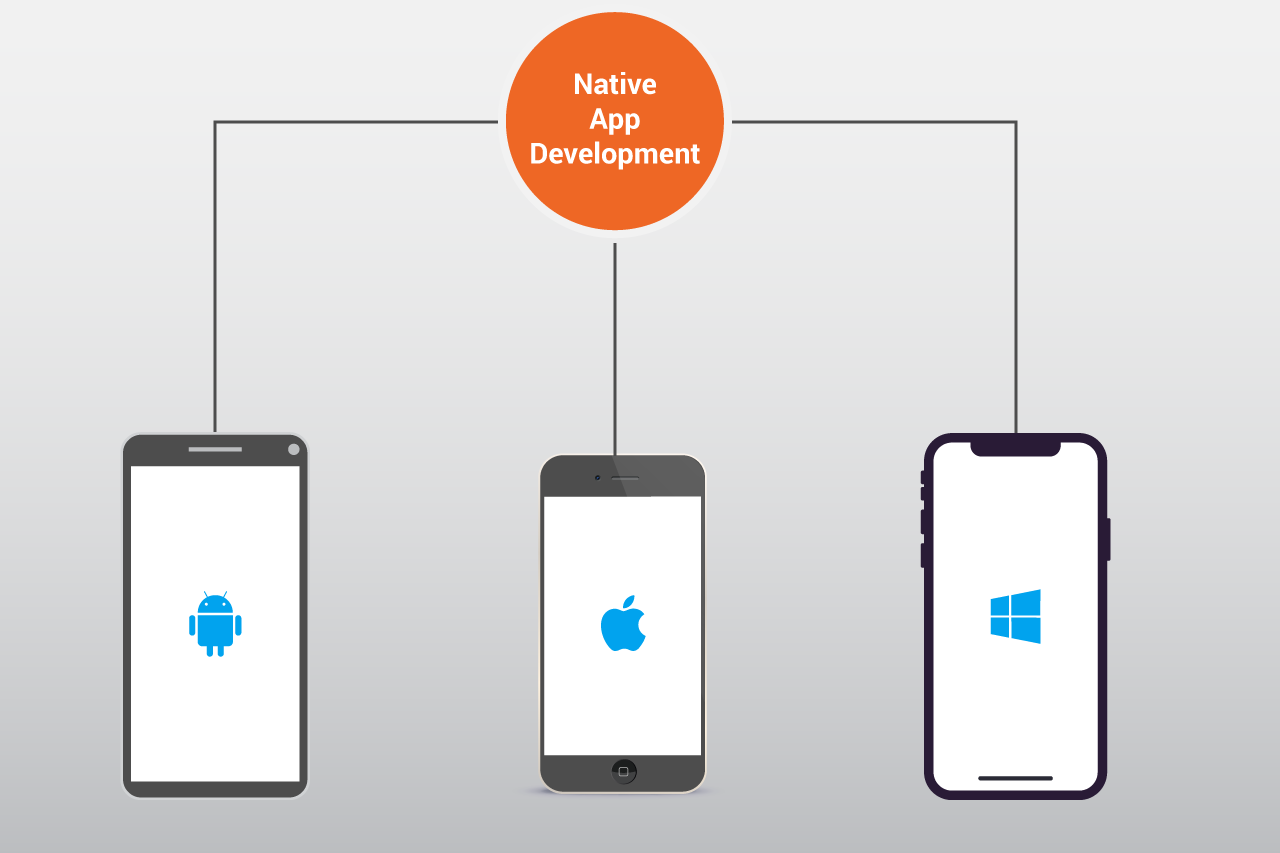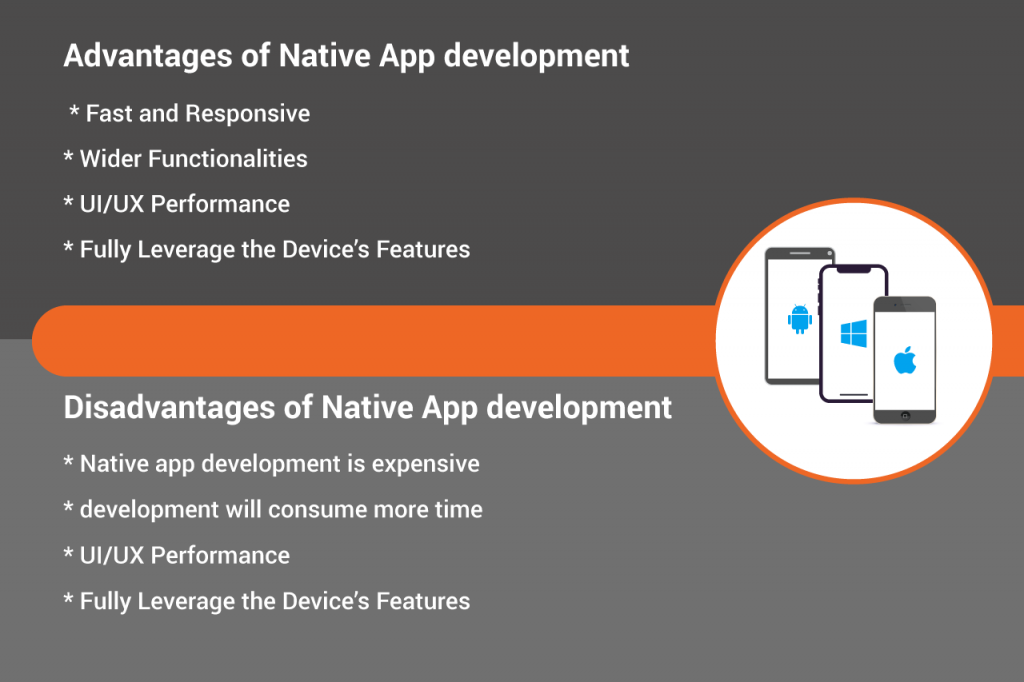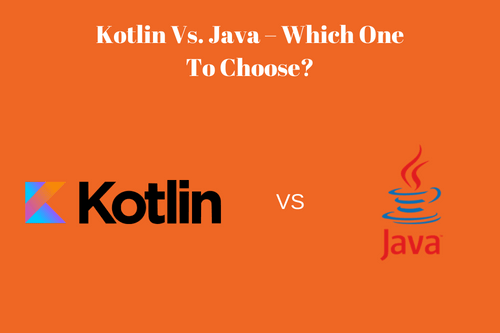What is a Native App?
Native apps are software programs developed to use for specific platforms or devices. Unlike web or mobile cloud apps, since Native apps are developed for specific OS or devices. Native mobile app development uses a specific programming language such as Java or Objective C and so, they can take full advantage of the features provided by an OS and perform optimally. Mac and PC platforms can be referred to as Native Apps with Mail or Contacts configured and preinstalled on every Apple computer. But, when it comes to mobile apps, native apps refer to apps that work on a specific device platform. Swift and Java which are open sources are the intrinsic programming languages used by Apple & Google respectively.
Advantages of Native App development
Optimal and reliable performance
- Native apps are fast and Responsive because they use the platform’s API and core programming language only. They are created for a specific platform or device in such a way that they will perform optimally.
- It becomes easy for developers to tap into wider functionalities and access all the features.
- Features like microphone, camera, accelerometer, and swipe gestures etc can be easily accessed for optimization
Other Benefits:
- With native app development, creation and use of push notifications and alerting the users when their attention can be done seamlessly.
- The business gets a chance to continually bring its targeted audience back for more, which is the key to a successful app.
- Native apps provide optimal UI/UX performance and great user experience because; by while developing a native application, developers don’t need to compromise with UI/UX which will be easy to use on all platforms.
- Even if the initial cost of developing a native app is higher, it is beneficial in the long run. As native apps can fully leverage the device’s features and offer better performance, it is able to offer a better user experience thus, retaining the app’s loyal customers. This will result in higher customer conversion rates.
Disadvantages of Native App development
- Native app development is expensive as it can be used only for a particular platform instead of multiple platforms
- For e.g. – an Android app will not run on iOS and iOS app will not run on Android platform. Thus, while developing native apps, a developer will need to work with various codebases for each platform.
- Since more than one codebases will be required, app building and development will consume more time. Thus, making it a costly affair.
- Also, the developers need to have a specialized knowledge of the platform, be it Android or iOS. Hence, it is imperative to hire two or more developers (or teams) who have special knowledge of each platform. This also results in an increase in the cost of app development.
To conclude this:
- We can say that native apps are beneficial to those businesses who want to provide quick and responsive solutions to their customers.
- Native apps can leverage all the features of the apps and provide optimal performance. Moreover, the businesses can convert their users to customers by providing great UI/UX in their app.
- Customer loyalty and retention is an added benefit business can have by developing native apps.
- However, developing native apps is costly. Though in the long run businesses will be able to generate a good ROI because of its benefits like customer retention, customer loyalty, and great UI/UX.
- Native apps are unable to work on cross-platforms viz., Android app can only run on Java and an iOS app can only be developed with Swift.
- Thus, different codebases and developers with specialized knowledge are required for different platforms, which will result in an increase in the cost of development.
Related Posts
Nothing found.
Let’s talk!
We’d love to hear what you are working on. Drop us a note here andwe’ll get back to you within 24 hours
You might also like
Stay ahead in tech with Sunflower Lab’s curated blogs, sorted by technology type. From AI to Digital Products, explore cutting-edge developments in our insightful, categorized collection. Dive in and stay informed about the ever-evolving digital landscape with Sunflower Lab.




